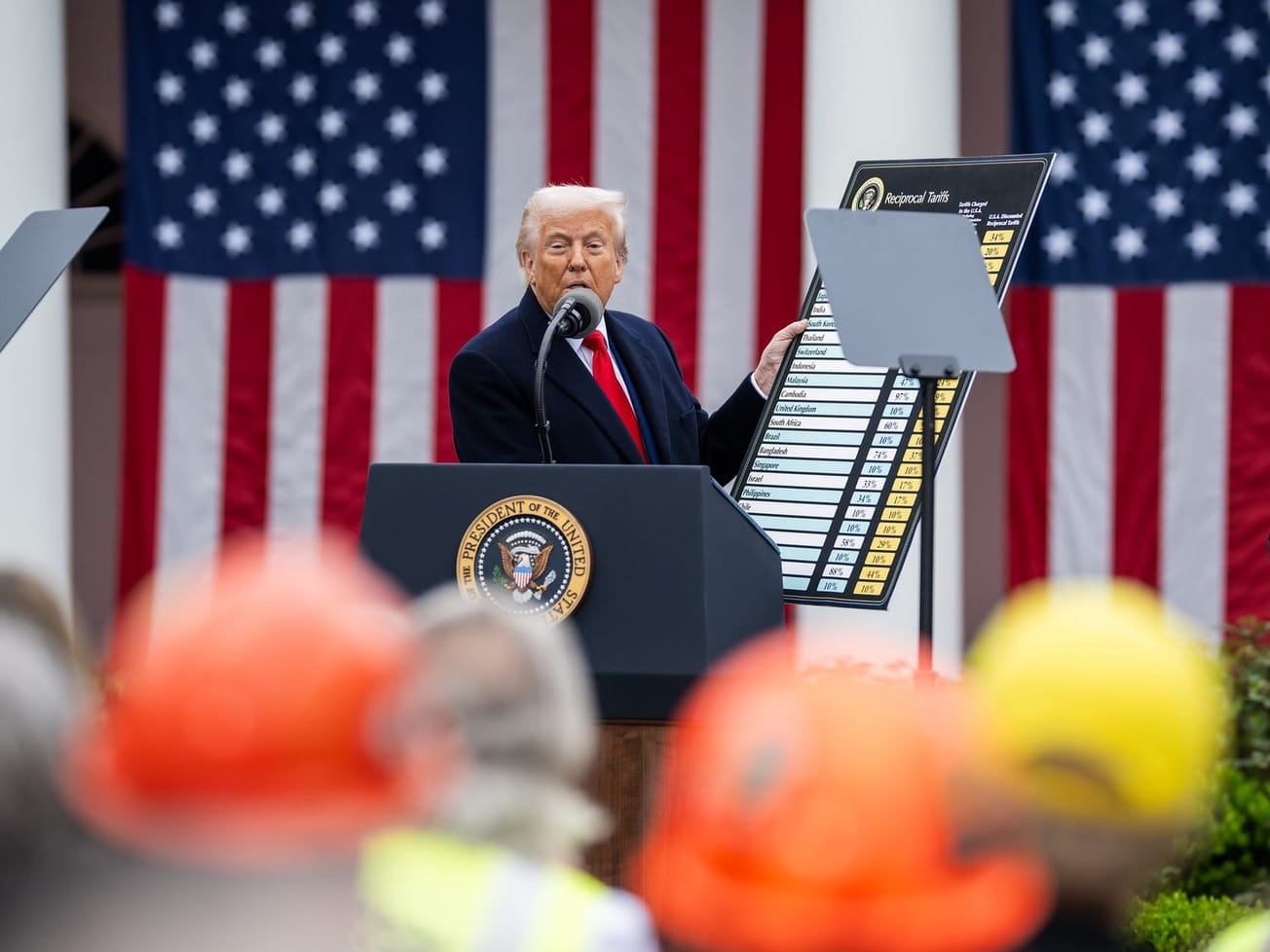GENEVA (AN) — An international organization created to advance sustainable development through trade policy is shutting down after 22 years due to financial difficulties, days after it was cited for suspected misuse of funds in a British government report.
The Geneva-based International Center for Trade and Sustainable Development, or ICTSD, which was founded in 1996, said it was closing down immediately.









